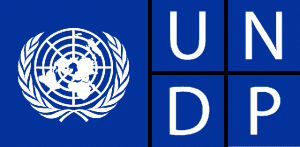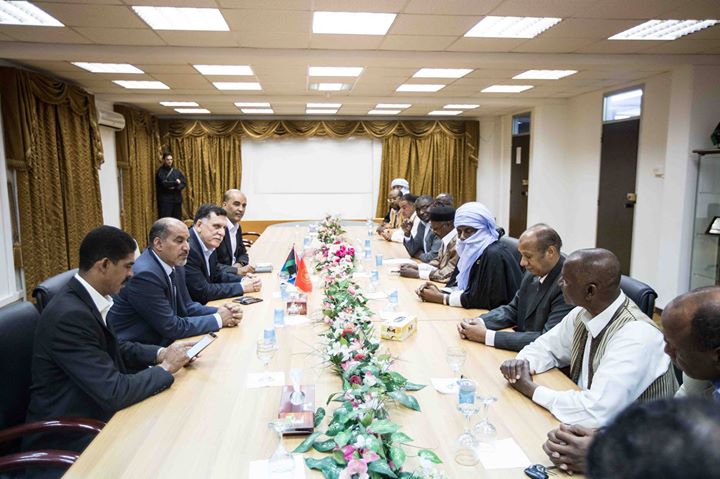By Sami Zaptia.
Tunis, 1 April 2016:
A UNDP report entitled ‘’Instability and Insecurity in . . .[restrict]Libya’’ has concluded that there are three conflict systems which contribute to insecurity and instability in Libya.
These three conflict systems which contribute to insecurity and instability in Libya are: a national level competition over political influence; control of resources and the nature of the Libyan state; the presence of armed extremist groups; and local level inter-communal tensions.
The 119-page report, a copy of which was presented to Libya Herald, was conducted from March to September 2015 by the UNDP, and undertook an analysis of the structural drivers of insecurity and instability in Libya. It focused on the dynamics of 26 major factors that it identified as the key structural drivers of conflict in Libya.
The report concludes that Libya is unlikely to enjoy stability and peace without addressing conflict at all three levels.
The report makes 13 recommendations: that the Libyan political dialogue process is continued; the Government of National Accord is supported; sensitive engagement with local governance and local communities; strengthen domestic mediation and conflict management capacities; undertake security sector reform addressing the role of militias; continue support for the constitutional drafting process; encourage meaningful national dialogue; promote a more vibrant and democratic media sector; support civil society development; support sensitive public financial management reform; promote sustainable management of the oil sector; promote economic diversification and local economic development; and agree on a set of principles for conflict sensitivity among international actors. [/restrict]








